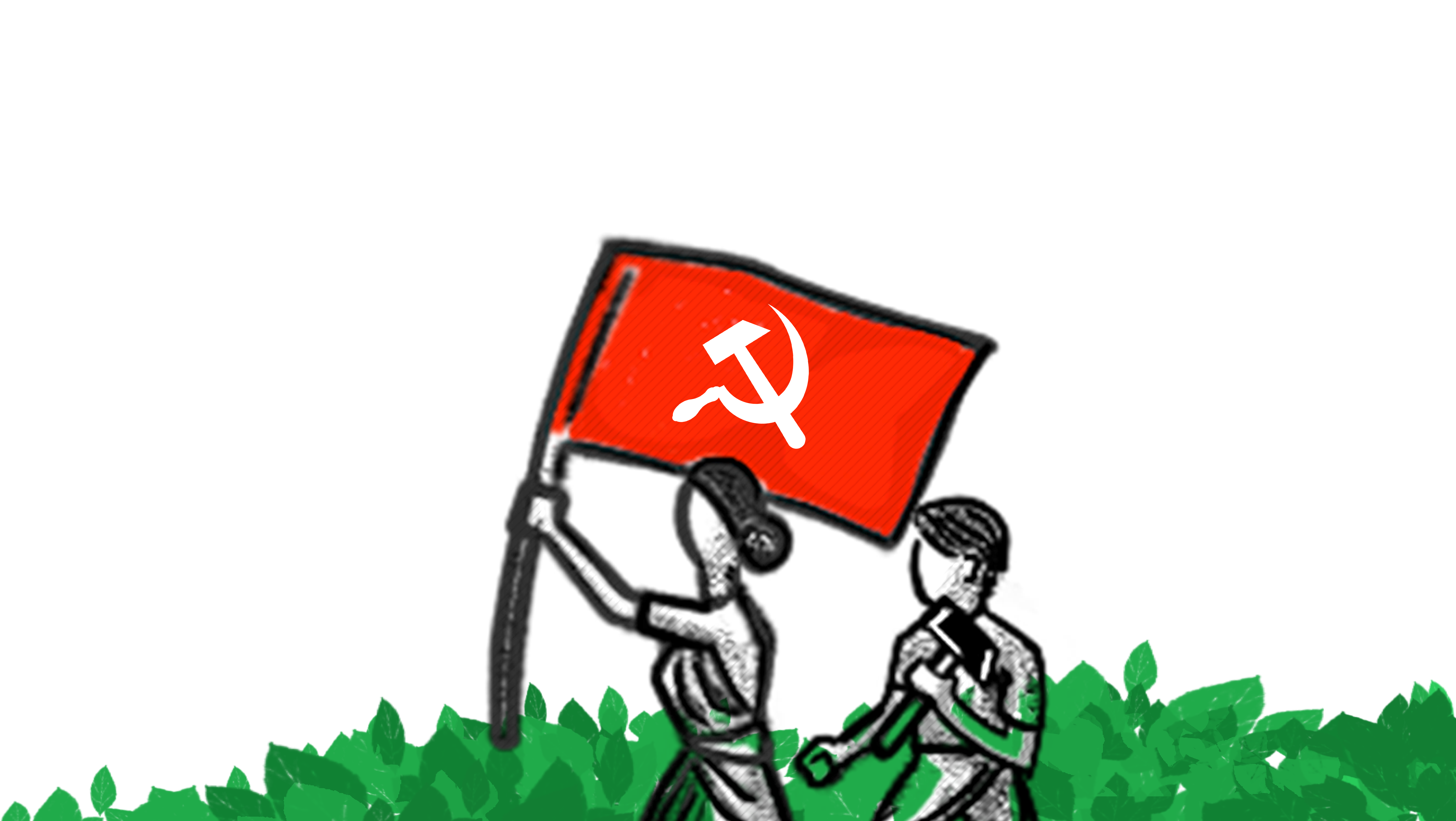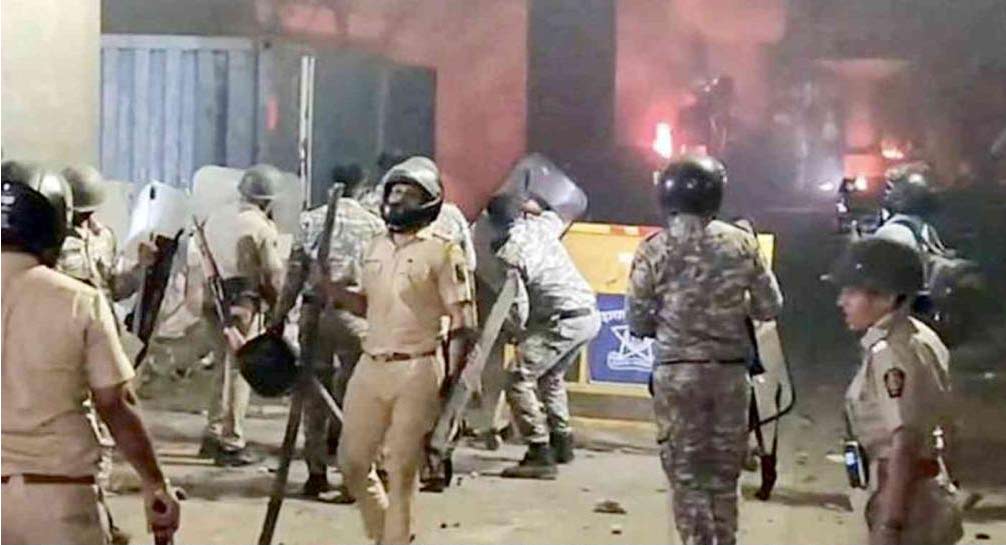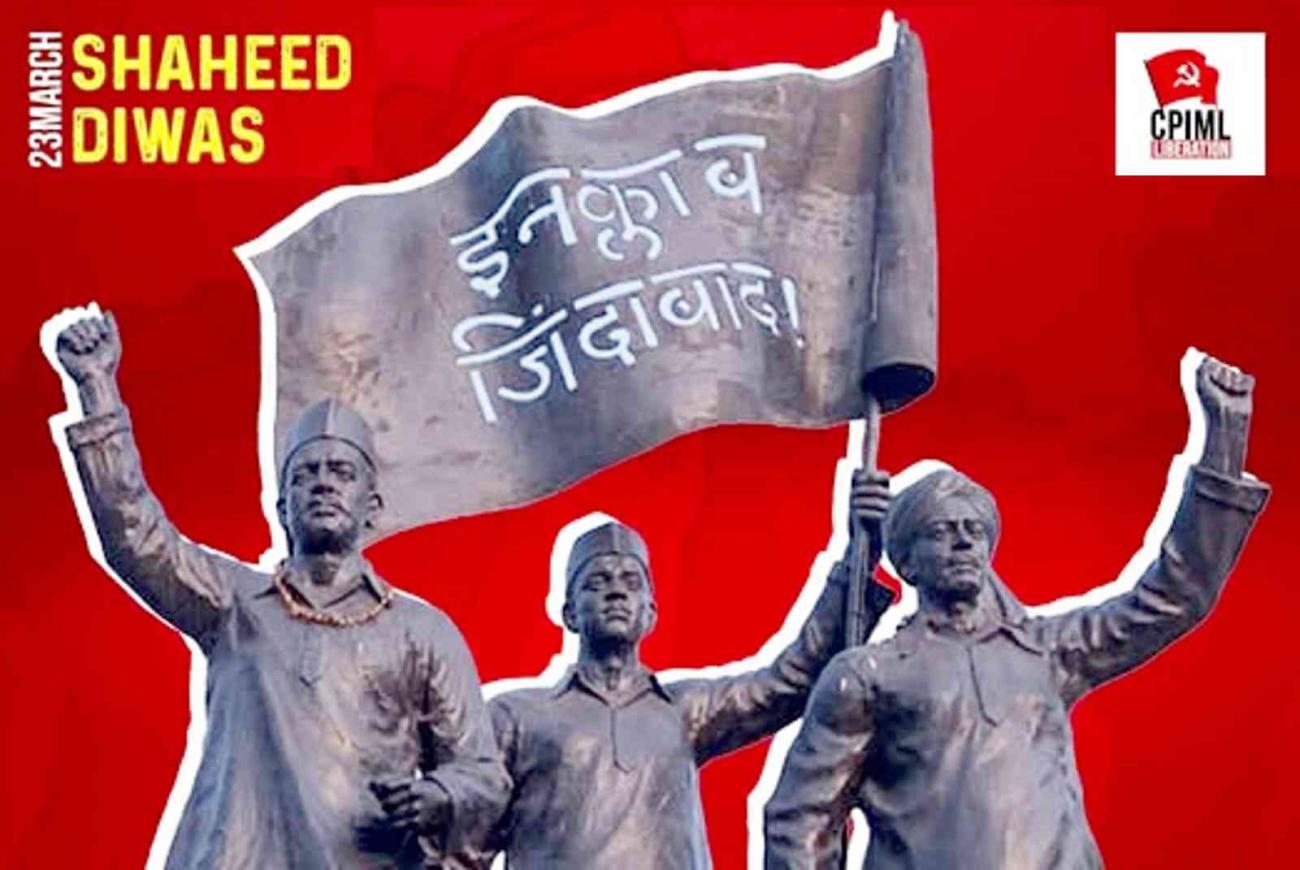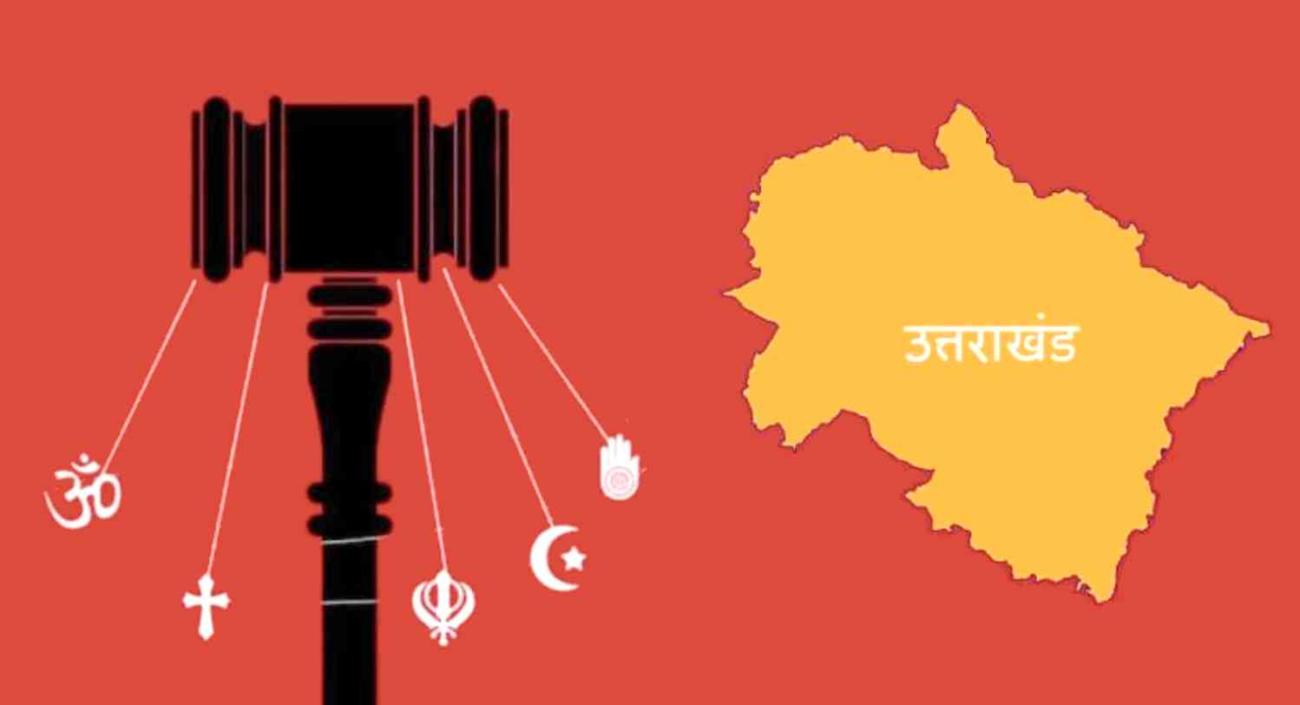His book, Politics in India (1970) is a classic that is required reading for every student of Indian politics.
He was also a passionate civil libertarian, who was among the founders of the Peoples Union of Civil Liberties (PUCL) and later its President. He was also the founder of the Centre for the Study of Developing Societies, an institute that continues to produce important and original research in the social sciences. He set up the Lokayan as a forum for dialogue between activists and intellectuals.
Rajni Kothari helped draft the manifesto of Jayprakash Narains Janata Party. However, he became critical of the Janata experiment.
In the wake of the anti-Sikh massacre in 1984, he was among the authors of the meticulous and damning fact-finding report by the PUCL and PUDR, titled Who are the guilty?�, that named the guilty Congress leaders.
He was a close observer and friend of the Indian Peoples Front; especially of the IPFs rise in the Hindi belt, its opposition to the draconian press bill, and the powerful peasant movement led by the CPI(ML) and IPF in Bihar that also blazed the trail for social justice. After the historic 1990 Rally of the IPF in Delhi, he interacted closely with CPI(ML) leaders. After the Bathani Tola massacre in Bihar in 1996, he along with Justice VM Tarkunde, Justice Rajinder Sachchar, Kuldip Nayyar, Nikhil Chakravarty and others were part of a committee to pursue justice.
Liberation salutes his memory and extends condolences to his family and friends.
Rajni Kothari will be remembered as a path-breaking social scientist and political commentator, who inspired and influenced many political scientists and activists.





